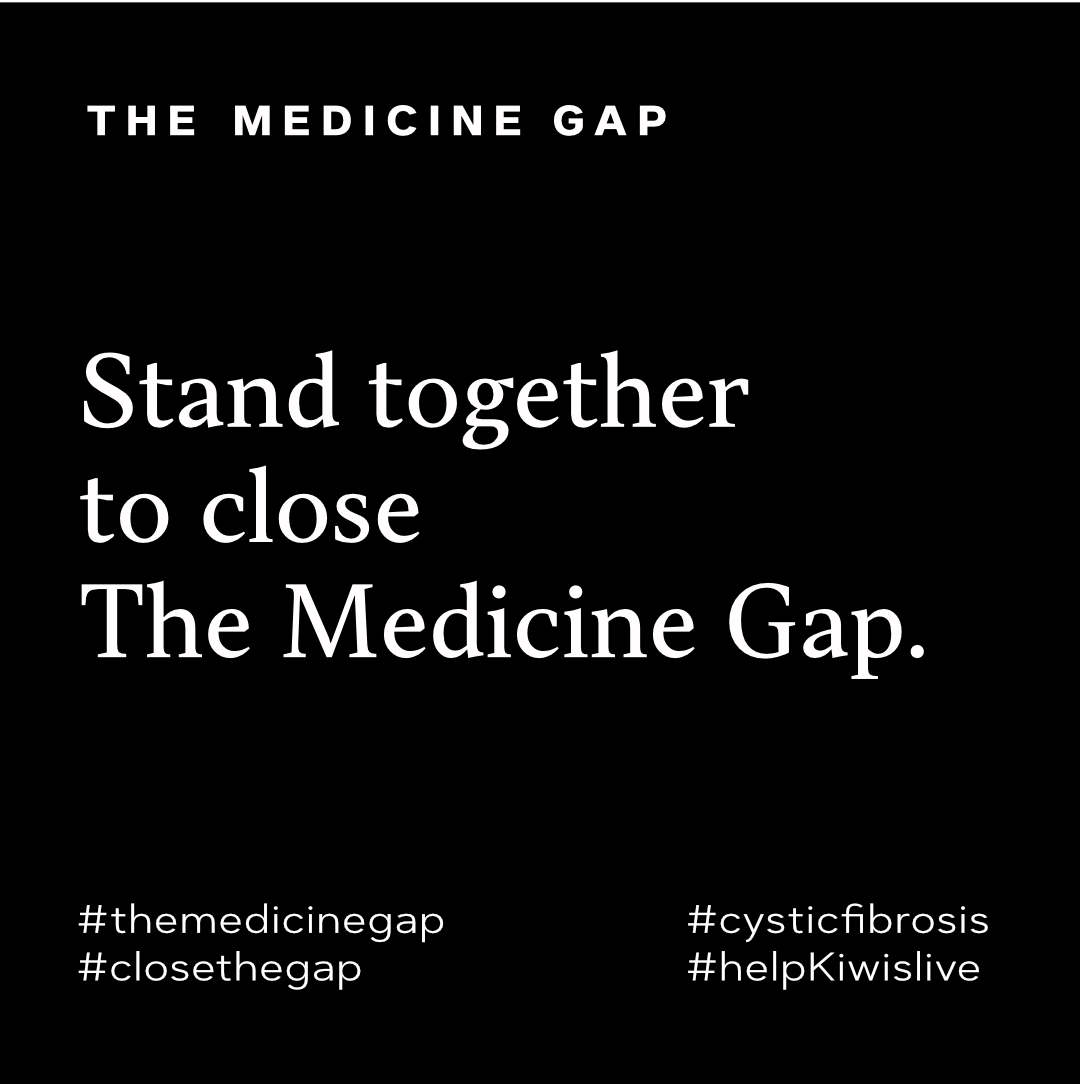

Janine Williams’ dream is to see her son run – really run.
Kase, 14, is good at sport but he also has cystic fibrosis, a genetic, life-limiting disease that lines his lungs with a thick, globular mucus and affects his digestive system and other major organs.
“Imagine if his lungs worked properly? I long for that day,” his mother said.
Kase uses a nebuliser daily to dislodge the mucus and clear his lungs, and if he gets a cold, it can quickly develop into a lung infection, hospitalising the Palmerston North teenager for several weeks.

Williams said that in the early days they did not tell Kase his disease was life-limiting.
“I think we were still getting our own heads around it but he is 14 now and he knows just how bad this disease is. He knows what it means for his future. You can’t get away from that.“
Kase needs a drug called Trikafta, an expensive medicine developed by American pharmaceutical company Vertex, which turns cystic fibrosis from a life-threatening disease into a manageable illness.
On October 27, Pharmac, New Zealand’s drug-buying agency, announced its recommendation to fund Trikafta, labelling it a ‘’high priority’’ treatment for an estimated 400 sufferers who carry the most common genetic mutation of cystic fibrosis.
The drug has an annual list price of $330,000 and while Pharmac will negotiate a discount, it is estimated the agency will require an additional $60 million in funding to access the drug.

Williams is urging the Government to move quickly to help sufferers, including those on a waiting list for a bilateral lung transplant.
“I can’t bear the thought of this being dragged out until next year and then what happens? The cystic fibrosis community desperately needs this drug – so we are all just waiting. Waiting and hoping.”
Williams said Trikafta would give her son an opportunity to plan for the future, including a career. Kase wanted to join the police but would not pass the physical test because his lung function was so poor.
“It is really hard to give him advice about a career. He is desperate to work, desperate for a future but what are his options? Without treatment, it is life on a sickness benefit.
“It is hard when I hear his friends talk about their future. I want Kase to be able to talk about his future too. His hopes. His dreams.”
Despite his disease, Kase has played basketball and touch to a representative level, although Williams said he was now struggling to keep up with his peers because of his deteriorating lung function.
Kase would soon need a permanent IV line in his chest too, because it had become increasingly difficult to access his veins for antibiotic infusions.
“That makes playing sport really hard. You can’t risk playing a sport where they might be contact when you have got an IV port in your chest.”
In July, the drug’s developer, Vertex Pharmaceuticals, applied to Pharmac to fund Trikafta for people aged 6 and over. It also applied to Medsafe, New Zealand’s medical devices regulator, for market approval and was granted priority assessment status.
“I get emotional just thinking about this drug,” Williams said. “I am already so proud of what Kase has achieved. Despite everything this disease throws at him, he keeps being the best he can be.”
Later in November, Pharmac’s Pharmacology and Therapeutics Advisory Committee (PTAC) will consider evidence and provide additional advice to determine where the drug should be ranked compared with another 73 drugs awaiting funding on Pharmac’s options for investment list.
Rachel Smalley is a former journalist and a founder of The Medicine Gap, a public campaign highlighting the human impact of New Zealand’s unfunded medicines.

Show your support.
Please share Janine and Kase’s story.
New Zealand needs access now to modern medicines to treat Cystic Fibrosis.




Other Voices
Let’s close the Gap
Get Involved1.
REFORM
PHARMAC
Achieve a measurable, political commitment to reform Pharmac and create a fit-for-purpose drug-buying agency that supports and enables greatly improved access to modern medicines – and ensure a direct line of political accountability.
2.
OVERHAUL THE FUNDING
METHODOLOGY
Introduce a globally accepted modern, cost-benefit analysis for medicines and medical devices which looks at the ‘value’ of a medicine, and considers the financial, economic, and social impact of untreated disease on our society.
3.
COMMIT TO AN OUTCOMES-BASED MEDICAL STRATEGY
Develop a Medicines Strategy to guide the decision-making process, create measurable targets to reduce Pharmac’s waiting list, and detail how the agency will respond to rapid developments in modern medicine to improve health outcomes for New Zealanders.